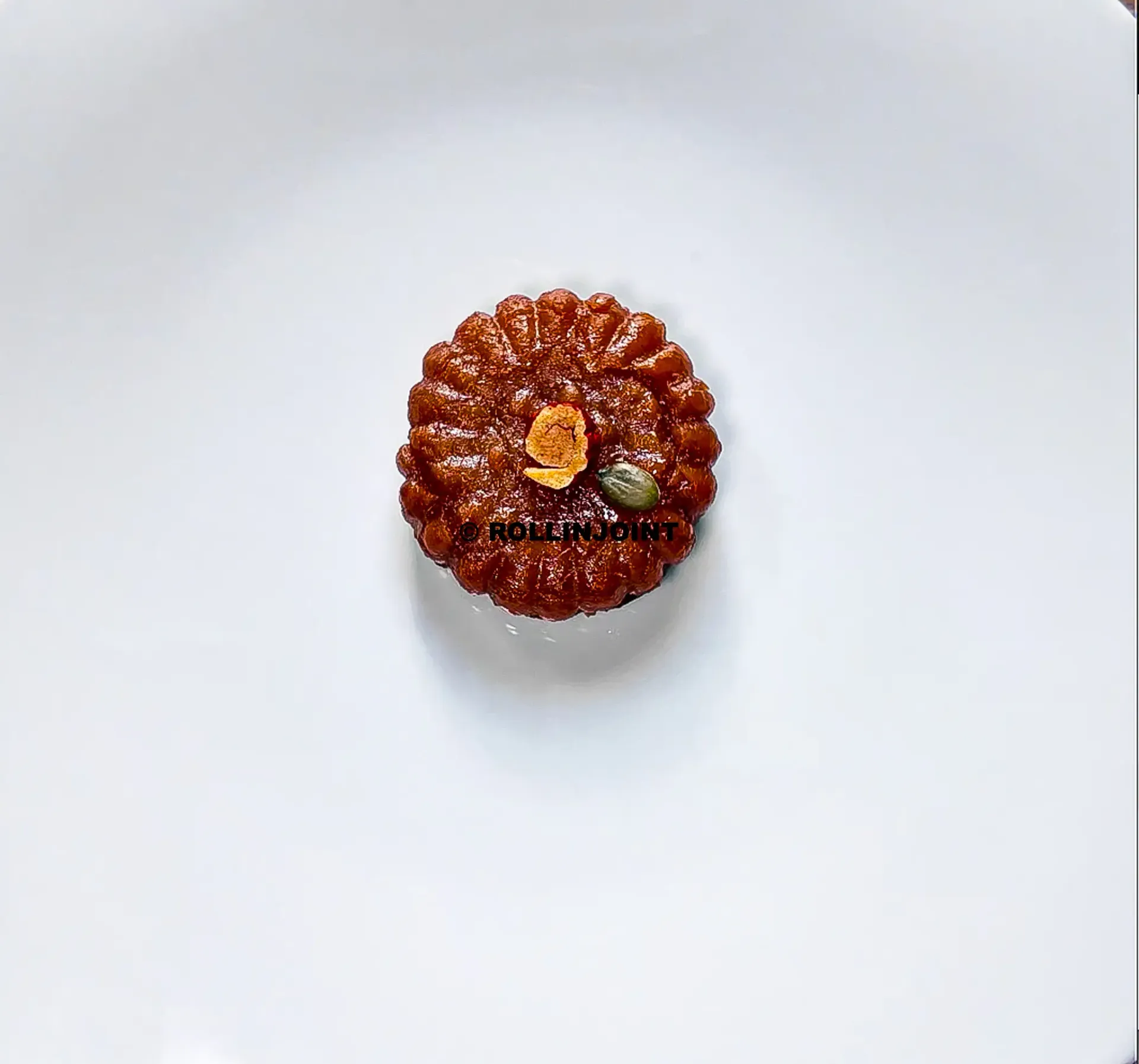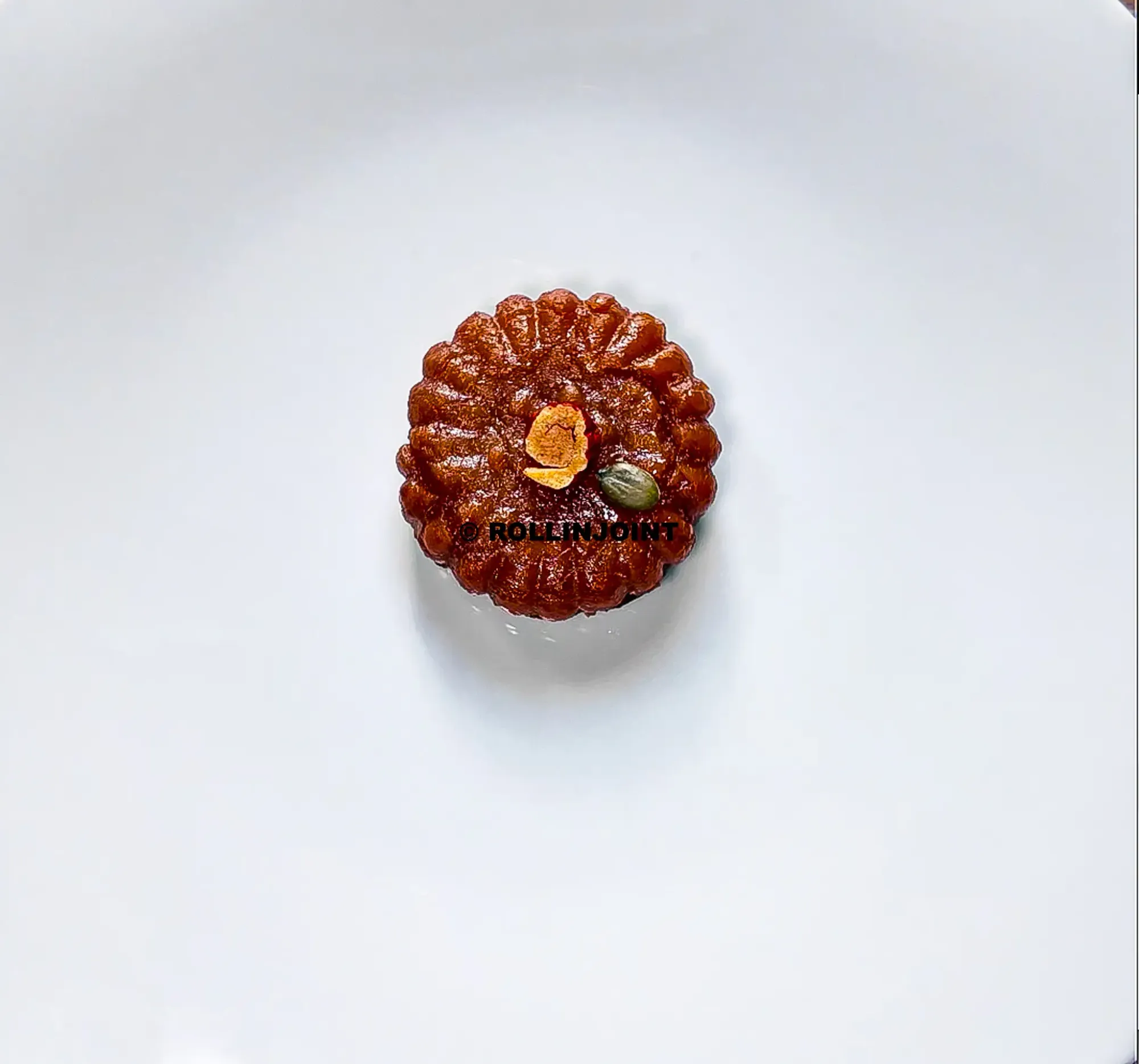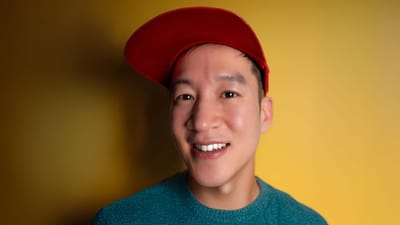Where to Get 1,000 Year Old Korean Snack, Yakgwa in London - Drago

When I first heard of Drago in London, my first thought was: who would even like yakgwa (약과) here? In Korea, yakgwa is one of those sweets you mostly eat at family gatherings, ceremonies, or when you’re visiting grandparents. The closest comparison in Britain would be something like parkin, a dense, syrupy cake that your nan might love, but younger people don’t usually reach for.

That’s why I was surprised when Ryan tried it. Not only did he finish one, but he liked it so much he went back for two more. And this is from someone who usually avoids carbs. That moment made me think, maybe yakgwa has a chance in London after all.
A Brief History of Yakgwa
From Royal Tables
Yakgwa goes back more than 1,000 years, to the Unified Silla period (1,000 years ago). At that time, honey, wheat flour, and sesame oil were luxuries, so yakgwa was reserved for the royal court, temples, and the wealthy.
A Ceremonial Sweet
During the Goryeo and Joseon dynasties (500 years ago), yakgwa became closely tied to rituals. It was a must-have at weddings, ancestral rites, and holidays like Chuseok. Because honey and sesame oil were considered good for health, it was even called a “medicinal sweet.” Eating it wasn’t just about flavor. It was a way to bring good fortune.
Old-Fashioned or New Trend?
Over the years, yakgwa gained an “old-fashioned” reputation. Many Koreans still connect it with visiting grandparents or holiday tables, the same way parkin or treacle toffee feels in Britain. But in recent years, yakgwa has quietly returned in modern forms, smaller versions, café pairings with coffee, even topped with ice cream.
Subscribe to continue reading
